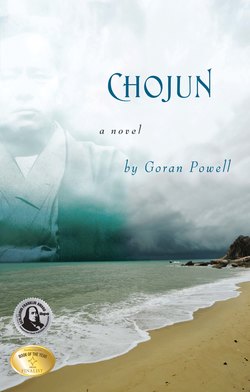Читать книгу Chojun - Goran Powell - Страница 14
На сайте Литреса книга снята с продажи.
ОглавлениеEmpty Hand
Miyagi clapped his hands loudly and waited for silence. For an awful moment, I feared he would admonish Shinzato and me for sparring without his permission and make an example of us in front of the whole class, but he had something far more important to say. The very name of our art was about to change.
He explained that despite being a small island, Okinawa had many styles of to-te (or simply ‘te’ as it was often known). In Naha there was Naha-te, in Shuri there was Shuri-te, in Tomari (a port just a mile up the coast) there was Tomari-te. Every village had its own style. There were even styles kept within a single family and passed down in secret from father to son. This reinforced the opinion of the premier martial arts federation of Japan that ‘te’ was a local and somewhat primitive native art of Okinawa compared to the classical martial arts of kendo, jujitsu, aikido, and the newly popular judo.
A group of senior Okinawan masters had formed a committee to set certain standards across all the different styles of Te. Miyagi was the chairman of this committee, and a meeting had taken place the night before, when Shinzato had been giving me my painful introduction to sparring. At this meeting, the name of the art itself had been discussed and a momentous decision had been reached. The written characters for to-te, traditionally written as China Hand, would now be written as Kara-te: Empty Hand. Miyagi sighed before continuing. The committee had decided a more united image of karate would be useful in making it more acceptable on the Japanese mainland. Also, since many Okinawan instructors had no background in Chinese martial arts, it made little sense to call it ‘China Hand’. And understandably, some instructors were keen to lose the association with a country that we were at war with. Others, like Master Funakoshi who was teaching in Tokyo, believed the idea of Empty Hand carried a deeper meaning than simply weaponless. The concept of emptiness is an important one in Zen, and in Miyamoto Musashi’s classic samurai text, The Book of Five Rings, the highest form of all is known as ‘The Void’.
All this made sense when Miyagi explained it. Nevertheless, I sensed his regret in forsaking his connection with the Chinese martial arts, a connection that his master had worked so hard to bring to Okinawa. A few days later, I asked Miyagi in private what he thought of this change. He simply smiled and told me it would take him some time to get used to writing the new character for ‘karate’ in his notes and articles. He seemed reluctant to say more on the subject, and for once, I didn’t press him.
